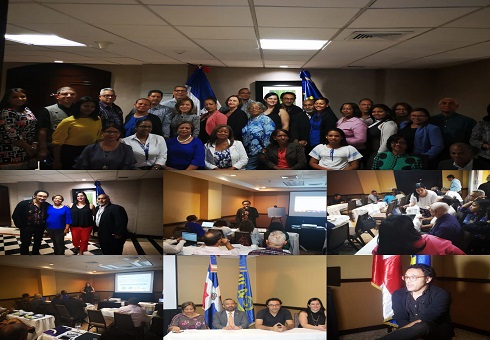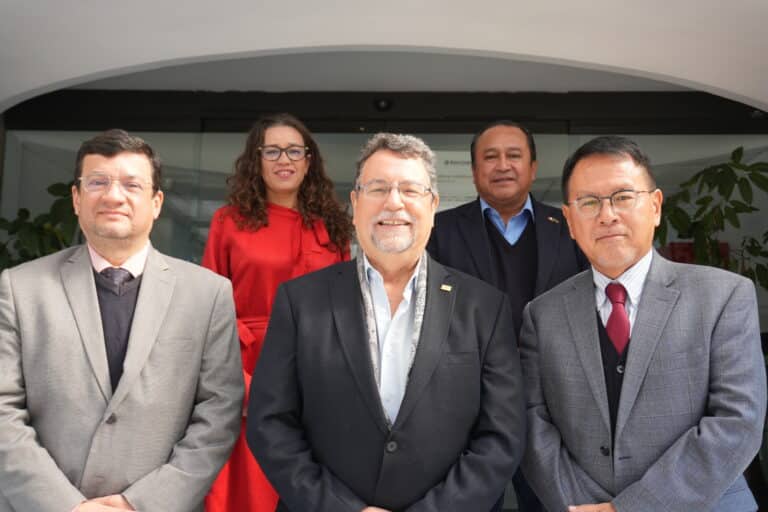IICA supports the Codex National Food Committee in the country for the development of a workshop on evaluation, management and communication of food risk

Santo Domingo, Dominican Republic, August 30, 2018 (IICA). The event was developed within the framework of the twinning program of the Inter-American Institute for Cooperation on Agriculture (IICA) to strengthen the Codex Alimentarius. In the workshop, Chile shared its experience of how the Chilean Agency for Food Quality and Safety (ACHIPIA) works on food risk assessment and communication issues; on this occasion, we had the privilege of launching a new training methodology that mixed science and creativity for risk managers and communicators.
Dr. Constanza Vergara, Advise Specialist in Food Safety, and Claudio Canales, ACHIPIA Creative Project Manager were responsible for developing the workshop adapted to the Dominican audience, managing to unite science and creativity through this new methodology created by the Agency.
Mr. Frank Lam, IICA Representative in the Dominican Republic, gave the opening remarks, highlighting IICA’s commitment to promote cooperation, the exchange of experiences and capacity building among nations.
This event was promoted by the Codex National Food Committee, represented by Dr. Fatima Cabrera and the Codex Contact Point in the country, Mr. Modesto Pérez. The participants included representatives of the Ministry of Public Health and Social Assistance, the Department of Food Safety of the Ministry of Agriculture, the Dominican Institute for Quality (INDOCAL), the National Institute for Consumer Rights (ProConsumidor), the National Council for the Regulation and Promotion of the Dairy Industry (CONALECHE), representatives of several associations of the Food Industry and as well as representatives of Universities and Health professionals linked to the topic.
The workshop was carried out on August 28-30. It began with the theme of Risk Analysis in the Food Industry, by Dr. Vergara, who explained the basic concepts of Risk Analysis in food safety and its relationship with the Codex Alimentarius. Shen then deepened in the risk assessment and the prioritization of hazards, with theoretical-practical sessions of Prioritization, Evaluation of Microbiological Risks and establishment of Maximum Residual Limits (MRL). The following day of the workshop focused on the perception and management of risks.

Claudio Canales presented the communication topic, specifically adapted to Risk Assessment. In his presentation, he addressed the ACHIPIA communication model based on creativity, exposing the communicational initiatives that have been develop from that model. Then, the workshop focused on the generation of dynamics that detonate the creative processes of the attendees, among which were designers, journalists, lawyers and risk managers, with whom the first methodology that seeks the development of strategies was launch. Communication sites based on creativity and that promote food safety education based on original solutions. The methodology incorporated dynamics of connection with memory, the focus on the child population, the detection of the main ETAS to be addressed, culminating with the development of guidelines for a local educational communication strategy.
More information: Gaudy Suzaña, Specialist in Agricultural Health and Food Safety, gaudy.suzaña@iica.int











